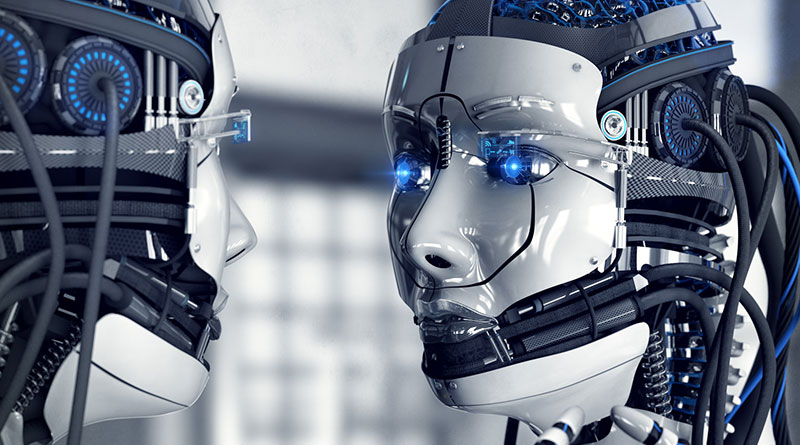Discoveries throughout time have moved mankind forward in many fields, such as medicine, technology, communications and manufacturing. These findings have also contributed to shifting the way humankind operates on a global basis. Defining the greatest discovery should encompass the revelations which have had the most beneficial impact on our societies. For our generation, it is the
founding of the computer.
The computer has affected virtually every aspect of our lives, from the way people do business to the way we communicate. Since its humble beginnings with the inventions of the first binary computer in 1936 by Konrad Zuse, and the mechanical calculator, the use of computer has become more than just widespread: it has developed into a phenomenon that has altered the lives of every human living on Earth today in some shape or form. In 1939, Hewlett Packard was founded and by 1945, John von Neumann had discovered electronic storage for data.
Subsequently, the year 1967 saw the first metal oxide semiconductor built by Fairchild Camera and Seymour Papert, and it created a language on the computer for children that operated a mechanical turtle. Later in 1967, the first storage system for digital photography was invented by IBM, which had the ability to translate a trillion bits of information. In 1994, Windows first browser Netscape 1.0 was released. Additionally, the Internet search engine, Yahoo, was invented. From this point, computer technologies have constantly been improving and have resulted in modern wonders.
Computers have made the technological advances we enjoy today possible. These include online purchasing, business and private communication through social networks, selling to global markets, creating personal websites, or talking to people while seeing them on our computer screens while they are thousands of miles away, and many more advances. All of this is done with little cost, except for a wireless connection fee.
People tend to store information not in the public archives, libraries, or in other ways that require using physical media, but in a digital format with the help of cloud technologies. Many significant scientific discoveries are made with the help of computers, and even if the findings are made by hand, computers are still used to process and calculate data gathered during these researches. Computers are
indispensable for many business and financial operations, exchange trades, freelance jobs, medicine, production quality control and studying – almost all aspects of life today are tied to the use of the computer.

Clement Mok, former creative director of Apple, once said, “Five years ago, we thought of the Web as a new medium, not a new economy.” As
civilization races ahead, technology also speeds up, creating new markets and jobs while helping with advances in medicine and agriculture. Computers have evolved from a simple mechanical calculator, which was still revolutionary for its time, into a sophisticated and complicated helpful tool that has become an essential part of humans’ everyday lives. Nowadays, it is difficult to find a part of modern humanity's existence which has not been reshaped by the invention of the computer, and there is no way of knowing where this great discovery will end up leading civilization in the future.
References
- Mok, Clement. "Technology Quotes." IT History Society. N.p., n.d. Web. 24 Jan. 2013. .
- "Computer History Museum." Timeline of Computer History. N.p., n.d. Web. 24 Jan. 2013..
 Clement Mok, former creative director of Apple, once said, “Five years ago, we thought of the Web as a new medium, not a new economy.” As
civilization races ahead, technology also speeds up, creating new markets and jobs while helping with advances in medicine and agriculture. Computers have evolved from a simple mechanical calculator, which was still revolutionary for its time, into a sophisticated and complicated helpful tool that has become an essential part of humans’ everyday lives. Nowadays, it is difficult to find a part of modern humanity's existence which has not been reshaped by the invention of the computer, and there is no way of knowing where this great discovery will end up leading civilization in the future.
References
Clement Mok, former creative director of Apple, once said, “Five years ago, we thought of the Web as a new medium, not a new economy.” As
civilization races ahead, technology also speeds up, creating new markets and jobs while helping with advances in medicine and agriculture. Computers have evolved from a simple mechanical calculator, which was still revolutionary for its time, into a sophisticated and complicated helpful tool that has become an essential part of humans’ everyday lives. Nowadays, it is difficult to find a part of modern humanity's existence which has not been reshaped by the invention of the computer, and there is no way of knowing where this great discovery will end up leading civilization in the future.
References
